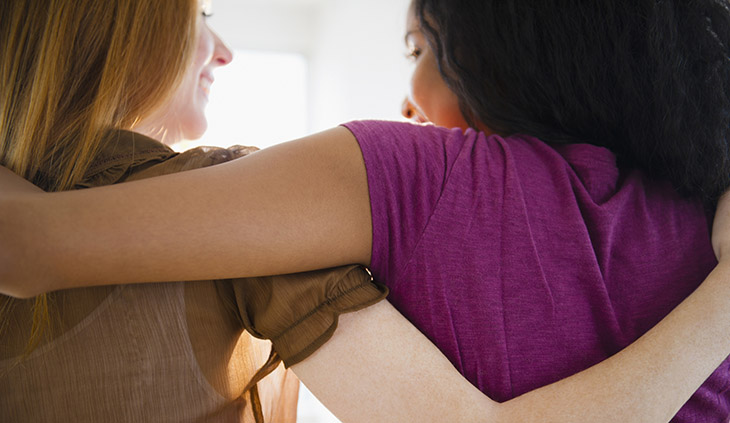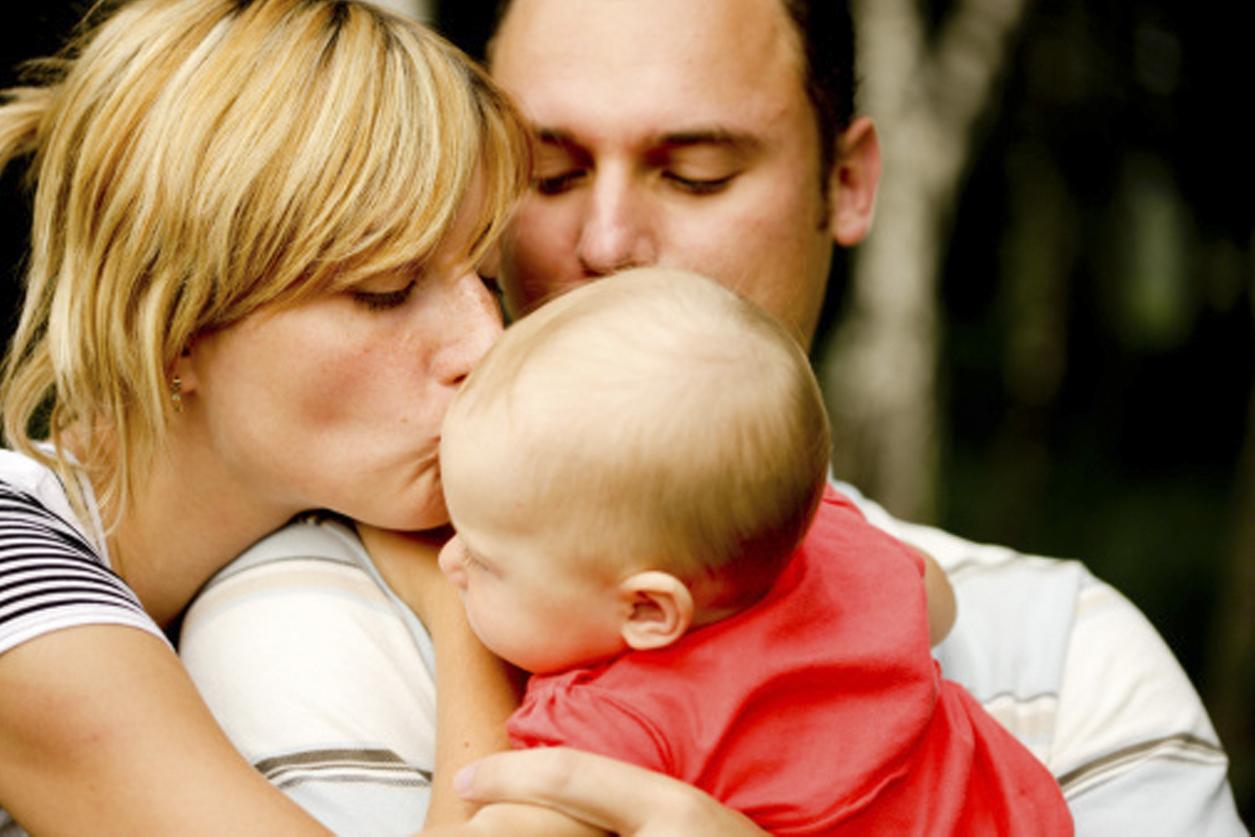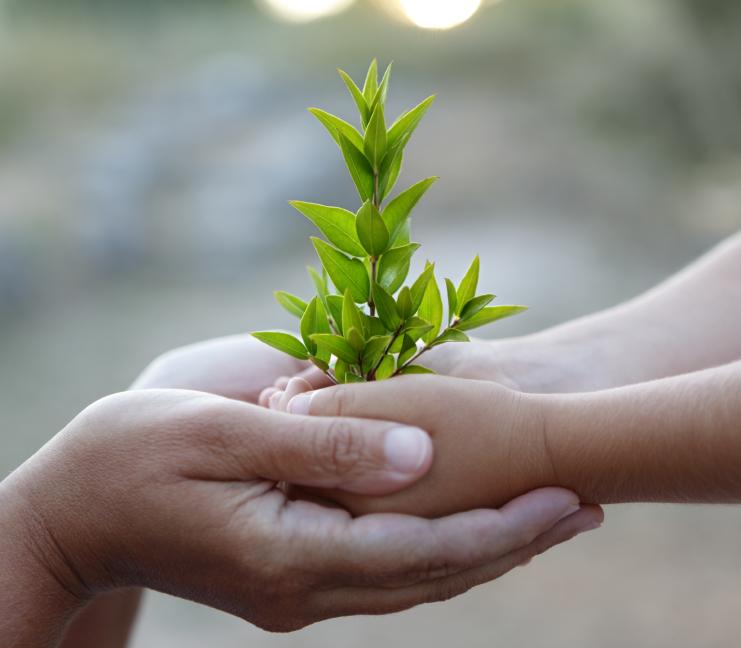One of my favorite parts of the week is in facilitating my therapy groups for new and expectant mothers. It is such an honor to be witness and support to women navigating the maze that is new motherhood. It is a time in life charged with anticipation and excitement and all too often mixed with intense anxiety and sadness.
The topics in these groups vary, though there are themes that come up again and again. Often women have experienced some trauma or disappointment related to the unexpected outcome of birth and delivery. There is uncertainty and fear about taking care of a tiny human, alone, every day, all the time. Moms grapple with trying to fill the day while realizing the day is filled with more than they think they can handle. Sometimes moms share the shame they feel when bonding is slower than expected. And we explore honestly the unexpected intensity of feeling and conflicting emotions they feel in their new role. All of this seems hard. None of it feels very fun.
The undercurrent in all of this is loss; the realization that the woman and life that were there before conception no longer exists. There is the loss of personhood and personal space, the loss of couple-hood, the loss of freedom, of confidence in career and identity, the loss of time, sleep and of course, the loss of that idealized body before baby.
Our society spends a lot of time heralding the benefits of motherhood. And yes, motherhood can, and often does, include so much joy. A new unique and precious human is being ushered into life. But what happens when the joy can’t be felt because of an overwhelming sense of disappointment or fear? I find many women feel stuck and powerless, petrified to move forward.
Renowned perinatal mental health expert, Dr. Diana Lynn Barnes once gave me a light bulb moment regarding this often-paralyzing feeling. She compares the transition to motherhood to other life losses. The loss of a loved one feels much different than the loss we feel when graduating from high school. But all these transitions include the loss as well as the gain. And losses need to be grieved.
In the Grief Recovery Model developed by John W. James and Russell Friedman, grief is defined as a mixture of conflicting feelings in response to a loss. When graduating from college one often feels pride and excitement for what is next, but also sadness about what no longer is and fear about what is to come. When a loved one dies there is devastating sadness, but sometimes there is relief that the person is no longer suffering (if they were ill for example). Healing comes when we are able to go from feeling emotionally incomplete to complete. It?s a moving through and not so much a getting over. Of course! Motherhood is a major, all consuming, transitional loss. Moving through the grief happens once we acknowledge it and allow ourselves to experience and honor each conflicting emotion as they come.
In my groups and in my work with individual women and couples, this talk of loss is not only part of the transition after baby is born. It is an important part of the preparation for parenthood as well. I invite couples to allow themselves some space to truly honor their unique partnership before they become parents. I encourage women to honor themselves and their amazing physical and emotional capacity for transformation. Hopefully this helps to stave off the brutal blow of loss; tempering the spirit for an easier transition; allowing time for grief and moving through all in its own time.
Like so many things in life, the transition to motherhood is about balance. Giving ourselves the grace and space to explore all sides of the coin: the joy and the fear, the pride and the shame, the beauty and the pain, the excitement and the trepidation. The companion to the tough stuff is the other side of motherhood -a place where uncertainty and loss still exist, but where confidence and a bit more personhood are able to return, newly transformed.
Here are some helpful resources if you or someone you know is struggling before or after baby.
Postpartum Support International
LA County Perinatal Mental Health Task Force
CaPSI Warmline: Support and local resources for women and their families. 855-227-7462 or capsihelp@gmail.com
CA Maternal Mental Health Collaborative
Robin Starkey Harpster, MA is a Licensed Marriage and Family Therapist (MFC 41937) and Coordinator for The New and Young Families Program at the Institute for Girls’ Development , in Pasadena CA. She also serves on the Board of Directors for Postpartum Support International.
Contact: rharpstermft@instituteforgirlsdevelopment.com or follow her on
Twitter: rharpstermf
Copyright © 2012
Please note: Nothing in what you find here should be construed as medical advice pertinent to any individual. As is true with all written materials, and especially information found on the internet, you must be the judge of what appears valid and useful for yourself. Please take up any questions you might have regarding the content of this website with your psychotherapist or physician.



